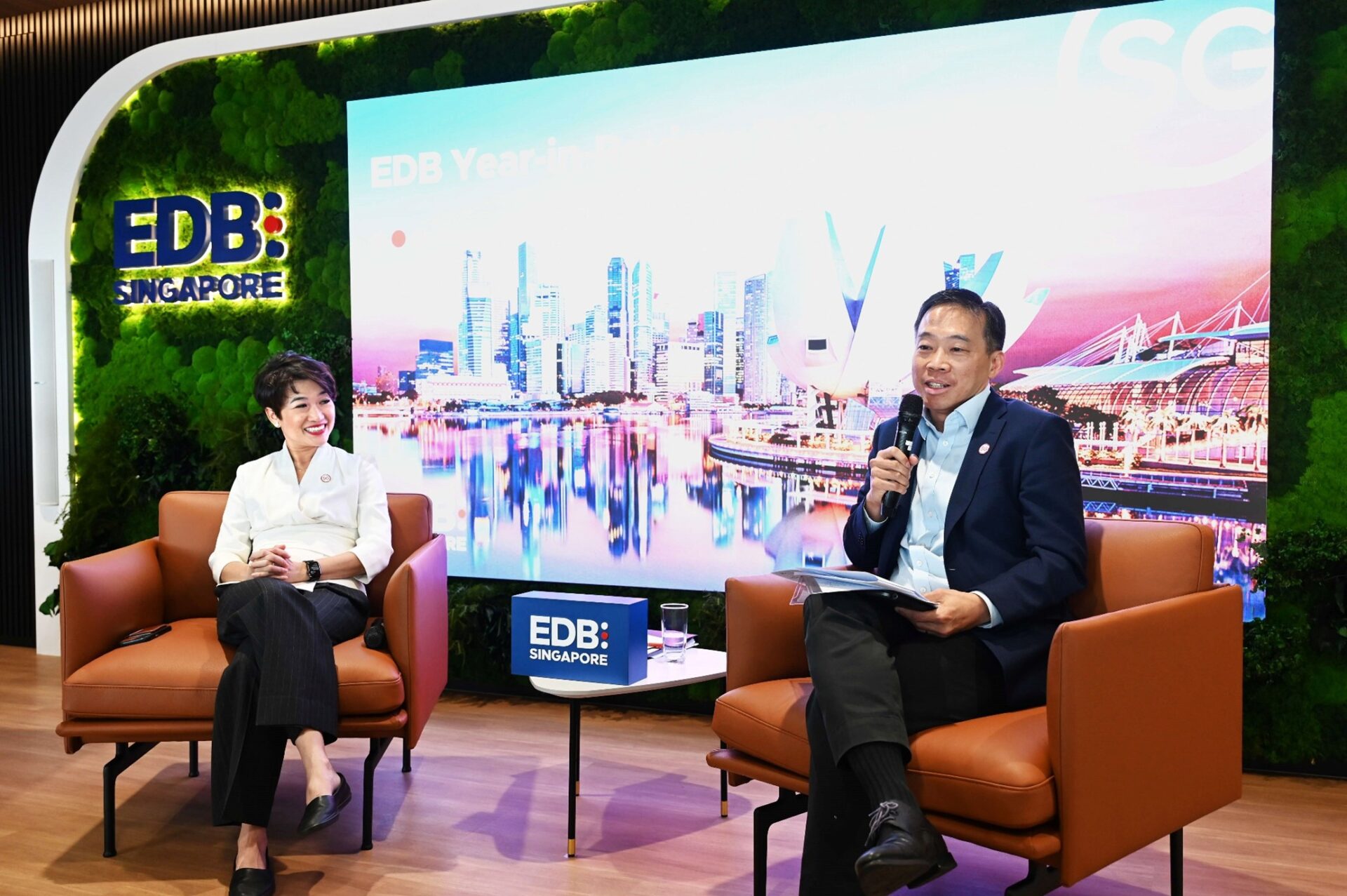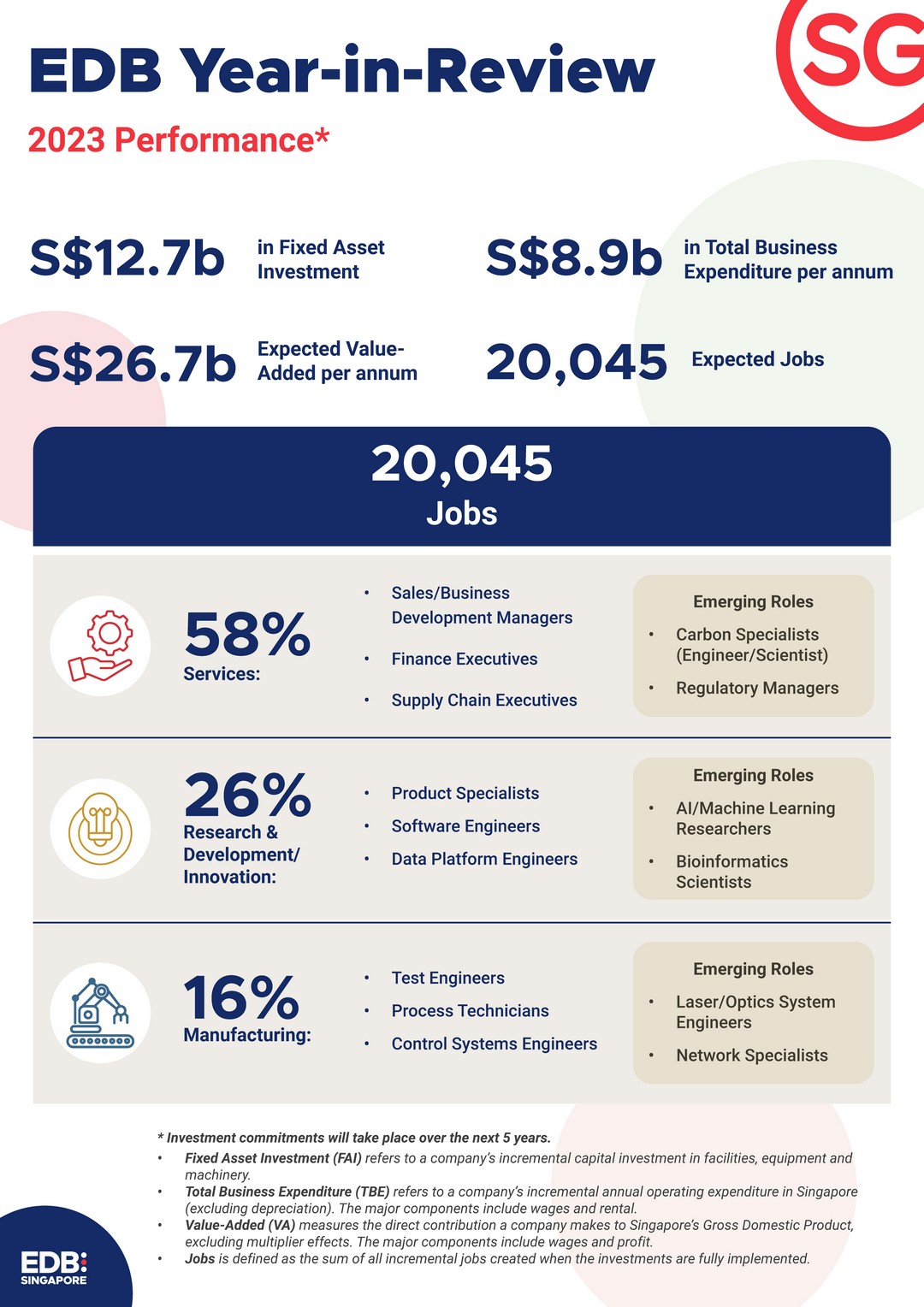
Despite several waves of retrenchments at technology companies in the past year, Singapore’s economic development agency sees the sector as a key factor in attracting more investments for the Republic in 2024.
Buoyed by strong tail winds such as rapid digitialisation and AI adoption, more foreign companies are expected to expand activities in Singapore, according to the Economic Development Board (EDB).
Retrenchments in the technology sector have not been confined to Singapore but is a worldwide trend by companies that are rightsizing to strengthen their business, said Jacqueline Poh, EDB’s managing director.
The prospects for the digital economy are optimistic, given the strong push for digitalisation and AI across industries, she said in a media briefing today on the state of foreign direct investments (FDI) in 2023.
A crucial factor for her optimism in the technology sector is the lifting of the data centre moratorium in 2022. Last year, four data centre operators were given the greenlight to build new facilities.
Introduced in 2019, the moratorium halted the development of data centres in response to the considerable energy consumption associated with these facilities.
In 2022, the infocomm and media sector, the category which data centres fall under, registered 9.9 per cent of total capital investment in facilities, equipment and machinery from foreign investments. This was driven to 0 per cent in 2023 due to the moratorium.
In job creation, new opportunities can be found across industries, in positions such as bioinformatics scientists, AI/machine learning researchers, network specialists and laser/optics systems engineers, according to EDB.
Overall, the technology, green economy and sustainability, healthcare (including biomedical science), and aerospace sectors are the key drivers for FDI in Singapore in 2024, said Poh.
Collectively, they are expected to account for between S$8 billion and S$10 billion of FDI this year, a drop from the S$12.7 billion secured by the EDB in 2023.
The conservative outlook is due to significant downsides and surprises arising from ongoing geopolitical tensions, policy uncertainty due to several elections in many countries in the next 12 months, and increased competition for the investment dollar, said Poh.
Besides sharpening Singapore’s economic competitiveness as a critical global node for advanced manufacturing and a services hub for Southeast Asia, EDB will play match maker, striking up collaboration efforts between foreign and local companies for training and market expansion and encouraging new innovations by leveraging Singapore’s research agencies and institutions.
Here’s a snapshot of Singapore’s FDI in 2023:







